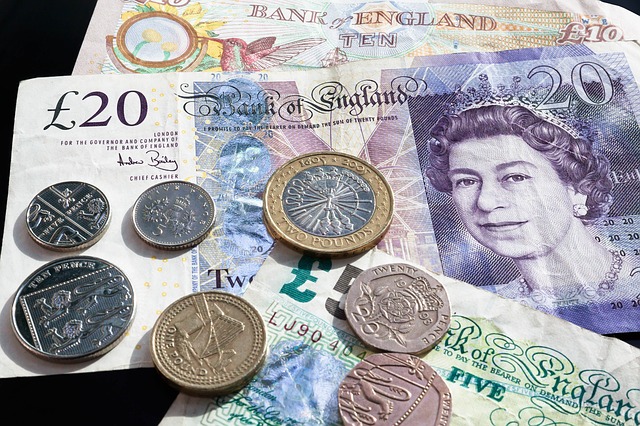
It’s not uncommon to find yourself in need of cash, and in a hurry. Higher than anticipated utility bills, a major medical expense, or an urgent repair of your car or home can mean you’re facing a financial emergency that isn’t easily covered by what’s in checking or savings. Fortunately, there are several options for getting the money necessary to cover surprise expenses, and not all require a check of your credit history or score. Here’s where to look if you find yourself in a financial pinch.
Personal Loans
Nearly all banks and credit unions offer what’s known as a signature loan – a method to borrow money without having to secure the loan with another asset, like a vehicle or a savings account. Signature loans are available for a few hundred dollars up to a few thousand, and repayment can be as short as six months or as long as five years. The cost of borrowing by way of a signature loan is dependent on your credit history, so borrowers with poor credit may be charged a double-digit interest rate or be declined altogether. The average interest rate for fair-credit borrowers is just shy of 10%, and typically, there are little to no fees tied to an application or funding of the loan.
Online personal loans have become a competitor to traditional bank and credit union loans, although some features remain the same. Most online lenders still require a credit check, and they base the interest rate offered on how good, or bad, your credit history is. Online lenders may be able to offer a lower interest rate for the most qualified borrowers, and repayment can extend as long as five years for most loans. The benefit of using an online lender is that the application process is completed through an online platform from the comfort of your own home. If a personal loan is the route you choose for quick cash, be sure to shop around with various lenders to ensure you receive the most affordable loan repayment terms.
Collateral Loans
When credit history is an issue, you may want to consider using a collateralized loan instead of an unsecured personal loan. These types of loans are secured by an asset which reduces the risk to the lender in the event you default on the loan. Companies like thenetlender.com offer loans to individuals who own their vehicle and can prove ownership with a vehicle title in their name. There is no hard inquiry into the borrower’s credit history or score, making it much easier for people with negative marks on their credit to qualify. The vehicle used to back up the loan is evaluated to determine how much of a loan is available to the borrower, and the lender holds title to the vehicle until the loan is repaid. Collateralized loans may also be offered by other lenders when assets like your home, your savings, or your belongings with value are used to offset the risk taken on by the lending company.
Credit Cards
Most credit cards allow cardholders to take what’s known as a cash advance against the available credit limit. A cash advance from a credit card is essentially an immediate transfer of funds from the card to your checking account, and you repay the borrowed funds just as you would with a credit card purchase. Cash advances often carry higher interest rate charges than credit card purchases or balance transfers, and some include a fee per transaction. A cash advance is a strong option when a car title or unsecured personal loan isn’t a viable option.
Financial emergencies come in a myriad of forms and often at inconvenient times, but knowing your options for quick cash can be a lifesaver. Consider personal loans when your credit history is strong, or car title loans if you have a vehicle owned outright. Credit card cash advances can be a solution when other loans are not easily accessible. Before making any decision on a loan or cash advance, be sure to weigh the pros and cons, interest costs, and repayment terms first.



